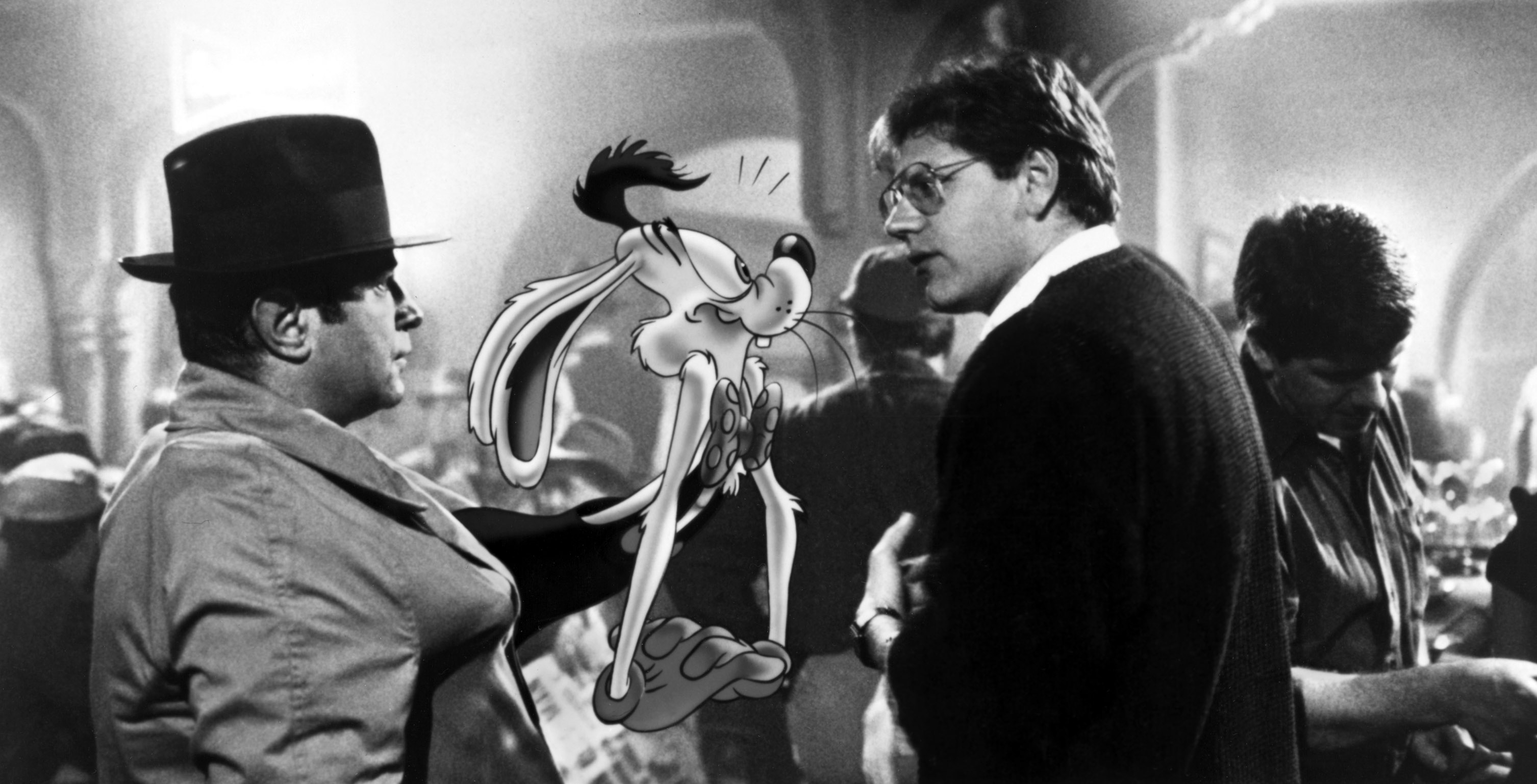ROBERT SIEGEL, HOST:
Twitter has announced that from now on, it will reject all advertising from the Russian news outlets Sputnik and Russia Today, or RT. It will also give away the nearly $2 million it earned from past advertising. Both Sputnik and RT are backed directly by the Kremlin, and U.S. intelligence officials say both were used by the Russian government to help throw the U.S. presidential election into chaos. NPR media correspondent David Folkenflik joins us now with more on Twitter’s move. David, it’s long been known that these two news outlets answer to Moscow. Why is Twitter doing this now?
DAVID FOLKENFLIK, BYLINE: Well, you know, the U.S. intelligence officials came to the conclusion the Russians were trying to disrupt things basically a year ago. It announced earlier this year that they had concluded that the effort was there to really help put a thumb on the scales for President Trump or for now President Trump.
And then, you know, not so many weeks ago, U.S. officials decided to try to make RT and Sputnik register as foreign agents – that is, as entities explicitly trying to do the will of the Russian government in the sense that a lobbyist might or, you know, a – I mean, an agent, somebody acting on the government’s behalf, not simply as a news organization owned by the government. This has put a lot of pressure on organizations that do business with RT and Sputnik to figure out how to respond.
SIEGEL: Well, is Twitter now saying that it agrees with U.S. intelligence agencies that the Russian news outlets tried to tip the election to Trump?
FOLKENFLIK: Twitter’s official statements have actually been relatively restrained, just sort of acknowledging the effort to disrupt and that the ability of RT to take advantage of the viral nature of social media platforms, particularly Twitter in this instance, are things that they have to take into account.
SIEGEL: And what are the Russian news outlets – say about this?
FOLKENFLIK: Well, they’re saying a few things. They’re accusing Twitter of hypocrisy. They’re pointing out that Twitter officials came to them with a rather extensive plan to step up their advertising on the site and that, you know, that Twitter had courted their business. In addition, Russian officials at the Foreign Ministry are saying that this violates all kinds of United States and international protections on freedom of expression, that these are journalistic outlets.
And you know, there is the point being made, I think with validity, that the ads really accomplished less in many cases than some of the content and the news coverage, the framing of things, the misinformation, disinformation and actual stories that got picked up without – for amplification without any subsidy, without any advertising at all.
SIEGEL: Now, the Russians of course aren’t the only ones getting a tough look from Capitol Hill. Three committees are questioning tech giants next week, Twitter among them. You think that had something to do with Twitter’s announcement today?
FOLKENFLIK: Oh, I think that’s not incidental at all. I think there’s a great desire on Capitol Hill to understand how this disruption worked. You know, some more than others want to take action to ensure, to press these companies, to take actions to ensure that this kind of disruption doesn’t happen. There’s some pressure for greater transparency, and of course Twitter and Facebook and Google have always wanted to protect their secret sauce and their algorithms.
And in some corners, there’s a desire to try to pressure these social media outlets in such a way that if they don’t take greater responsibility, that they could be regulated. And I think that’s the greatest fear of all for these social media platform. So you’re seeing them start to take actions and to take conciliatory measures to at least publicly signal their discomfort, which – what occurred on their platforms in the hope of staving off greater government action.
SIEGEL: That’s NPR’s David Folkenflik on the news that Twitter has announced that it will reject all advertising from the Russian news outlets Sputnik and Russia Today. David, thanks.
FOLKENFLIK: You bet.
(SOUNDBITE OF ST. LENOX SONG, “KOREA”)
Copyright © 2017 NPR. All rights reserved. Visit our website terms of use and permissions pages at www.npr.org for further information.
NPR transcripts are created on a rush deadline by Verb8tm, Inc., an NPR contractor, and produced using a proprietary transcription process developed with NPR. This text may not be in its final form and may be updated or revised in the future. Accuracy and availability may vary. The authoritative record of NPR’s programming is the audio record.



